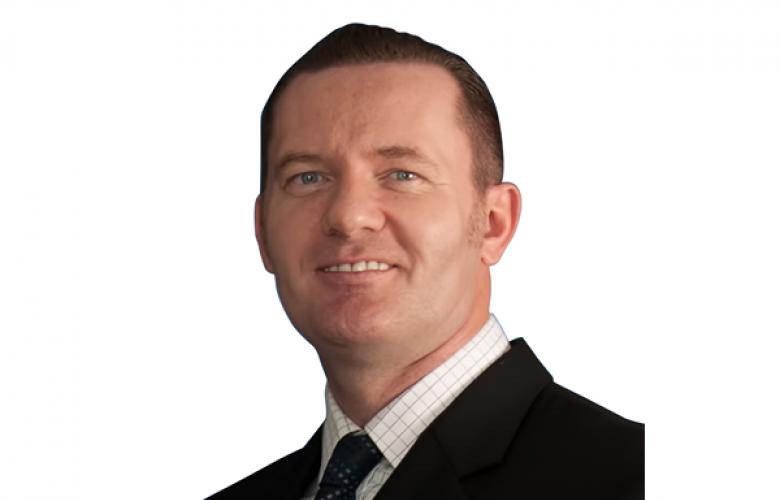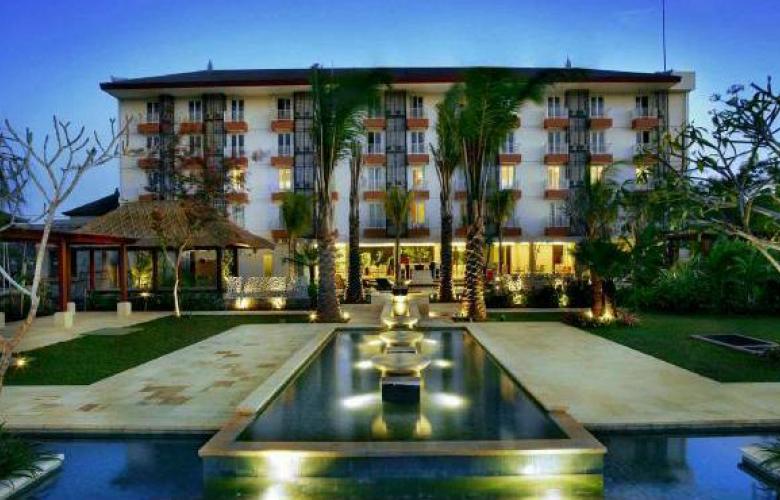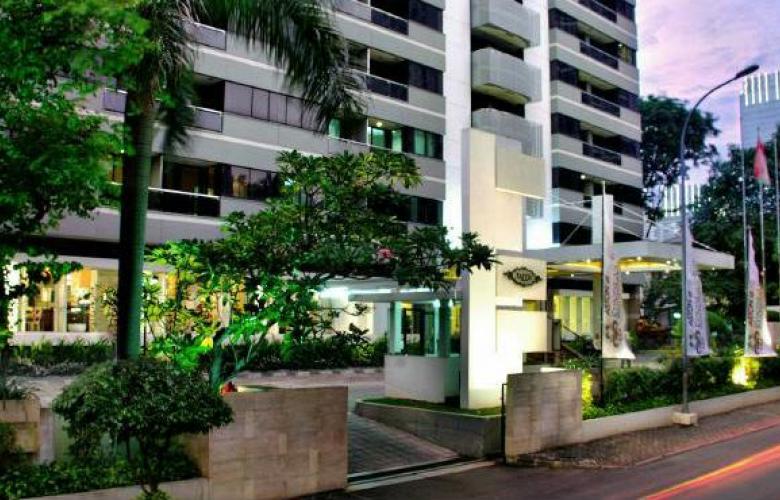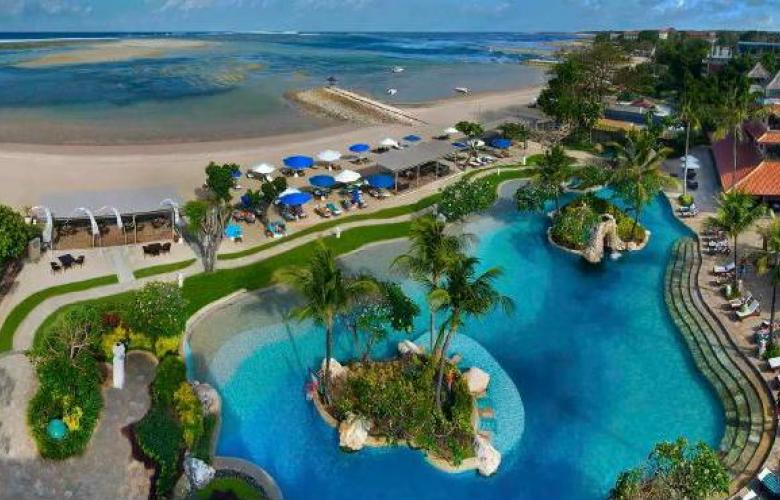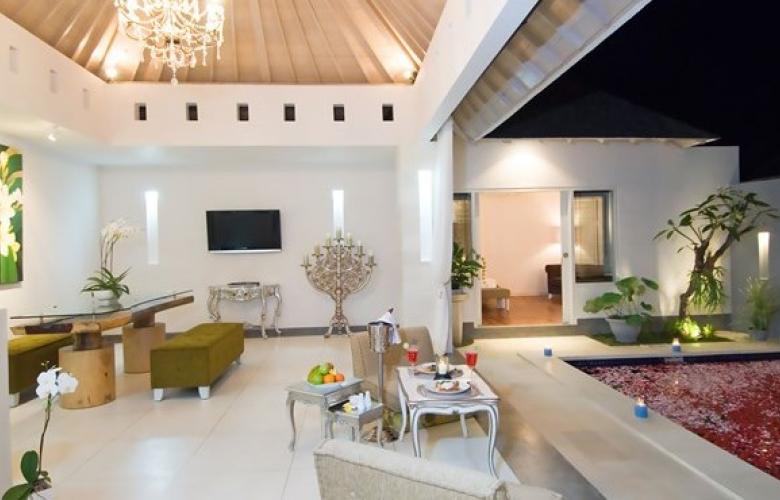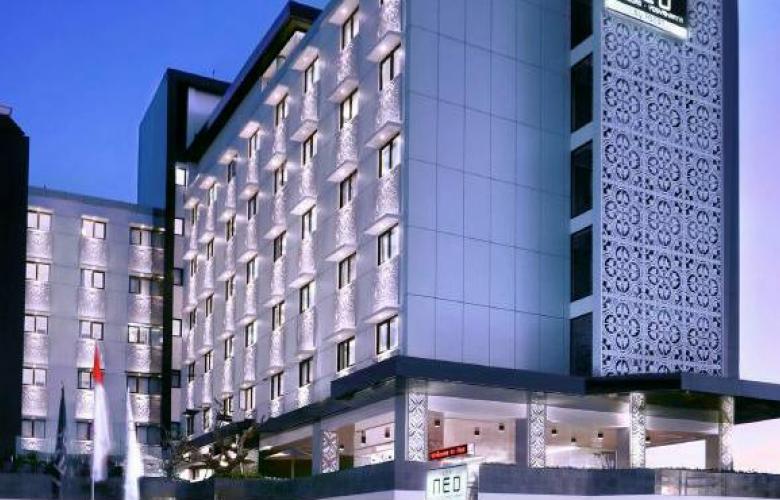With headquarters in Jakarta, Archipelago International Hotels, Resorts & Residences is focused on Indonesia and Southeast Asia in general. It also has representative offices in Singapore, India, the UAE and Ireland which service new international projects in the Caribbean, the Middle East and South Asia.
Archipelago's portfolio includes eight core brands (Kamuela Villas, Aston, Alana, Harper, Quest, Neo, Favehotels and Nomad Hostels) across all market segments from budget hostels to luxury resorts. With more than 200 hotels, 15,000 plus employees and an inventory of more than 18,000 rooms under management in Indonesia, the Philippines and Malaysia, the company now has more than USD$2 billion worth of assets under management.
John Flood is President and CEO. He has worked for over 30 years in the hotel and restaurant business in Dublin, London, Paris and Copenhagen. He moved to Indonesia more than 18 years ago managing and opening new hotels and resorts. He is responsible for the rapid growth of the company’s eight core brands.
We recently caught up with John on the sidelines of the 5th Tourism, Hotel Investment & Networking Conference (THINC) Indonesia 2017, which was held in the Sofitel, Nusa Dua, Bali.
What are you hoping to achieve by attending and speaking at this year's THINC conference?
My main aim was to give people an introduction to our company, support the event and give the participants an overview of the Indonesian market – both positives and negatives.
I also wanted to meet some of the delegates and speakers, as the organizers lined up some great people – there were some real experts in their fields, lots of interesting people and many entrepreneurs with great stories.
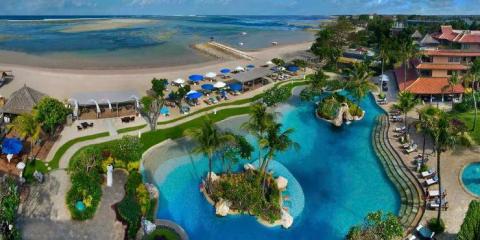
Grand Aston Bali Beach Resort, Bali
Where do you see the hotel industry in Indonesia, in general and specifically in Bali both now and in the next 5 years?
I see a slow-down in the number of new hotels being built as Indonesia has already reached a similar level of hotels to Malaysia and Thailand. Some areas like Bali, Solo, Jogja, Medan and Makassar are already overbuilt with hotels.
The number of international tourist arrivals will increase each year to 20 million plus and domestically the growing middle class, which really helps drive domestic tourism, will increase to around 200 million per year by 2020, from its current 160 million.
I foresee an increase in the number of branded hotels from the current 4% to upwards of 20% to 30%. The US for example is currently at about 80% from fifty thousand hotels there. So, we've got a long way to go! With the increase in online reviews and bookings, it’s important to travelers that they have some kind of feeling for what they'll get from a hotel.

Kamuela Villas, Seminyak, Bali
What global trends are you seeing in the industry that will have the greatest impact in Bali?
Luxury hostels are quite hot right now and we’ll see more of these coming into Bali.
In the future, Budget Hotels and Luxury Hostels will create a more social vibe for guests and when possible need to have some social spaces, which can include a small library or space with a pool table, some board games, cards etc.
Notwithstanding, the exciting innovations that might revolutionize the industry, the basics in the future will still be the same.
This all feeds in to people taking more regular breaks rather than a long summer holiday. These days people take shorter breaks more often. They use budget airlines and stay in more budget accommodation that meets their needs and is in a good location. Experiences and samplings are important to today’s Millennials and travelers in general.

Favehotels, Umalas, Bali
Does Archipelago International Hotels, Resorts & Residences have any plans to develop/operate in any of the government's 10 New Bali's initiative?
We’ve already invested ourselves in one of the designated areas in West Java and that’s been a big success. We would be happy to set up in the other areas, which are spectacular.
Obvious obstacles however are always a struggle and these include:
- The extra cost to build in these locations
- The utilities like electricity, water, staff housing etc. need to be considered
- The transportation options to get enough visitors into these places
- The extra costs and high turnover of staff in these places. Indonesian staff don’t spend their off days on beaches, so they only tend to spend a year in these locations
- The higher cost of food and supplies to these areas, as well as the infrequency of the deliveries and the extra cold storage that’s needed to overcome this
In short – it’s great the government is promoting these areas (some of them really are mind blowingly beautiful – like James Bond locations!) and there’s great potential and money to be made but it’s not easy and needs to be well planned and executed. I’ve seen people lose their shirts setting up on desert islands or exotic beaches in far-flung destinations.
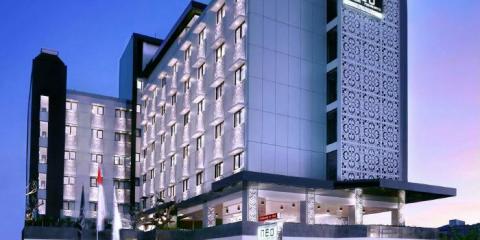
Hotel Neo, Malioboro, Yogyakarta
What are the three most difficult things about doing business in Bali?
Too many hotels have been built in a short period, so the market is oversupplied and rates are down. Many hotels have been built in poor locations and in a way that doesn’t appeal to today’s travelers.
Dropping the price is the only way these guys can compete – this then affects everyone.
The Chinese market is great to have but the reality is that they only spend a quarter of a European tourist and the way they’re treated doesn’t give them a chance to see the real Bali, which I’m sure many of them would like to.
The low cost packages which Thailand banned last year are still allowed in Indonesia, so as soon as they hit the ground the travel agents need to squeeze every Rupiah through commission in shops, restaurants and low cost hotel rooms – it needs to be controlled better, so it’s better for Bali and the Chinese tourists get a better experience and a better deal.
Infrastructure and lack of things to do are an issue.
Bali needs mass transit systems like monorails, underground system, major bus system etc. – it doesn’t matter how many roads, bridges and tunnels they build – we can’t have everyone going around in cars.
Bali also needs more attractions such as Disney Bali, Universal Studios, casinos etc. as well as major international events like F1 races. Singapore leads the way in being creative with this stuff, it shouldn’t be too difficult to take a leaf out of their book and get some of these kinds of things going.
Bali is a great place and has an amazing culture, which is probably the best in the world. It has most of the ingredients to be the premier destination in the world, it just needs a few more things to get people to stay longer and keep them coming back.

Aston at Kuningan Suites, Jakarta
Where do you see your biggest competition coming from in the next five years?
From an Indonesian perspective, we see Cambodia and Vietnam are making great progress with their offerings, while Thailand and Malaysia are always improving as well.
From our company’s point of view, we see it coming from other management companies entering Indonesia, as well as the current operators, which are also quite good and like us, improving all the time.
What would you change about THINC for next year's conference?
I thought the conference was exceptionally good this year and had some great speakers and panels organized. The level was much better than I’ve experienced previously at other events in the region.
From my side I wouldn’t change anything, I thought it was very well organized and attended. The networking opportunities were great and all the delegates I spoke to really enjoyed it. It seems to have been a very well received event and one I’m looking forward to attending next year.
I was delighted to have been invited to speak on one of the panels, which is always a nice experience. I heard many points of view from many different perspectives. Everyone is in the same industry but have different things going on. Opinions vary, so these were great to hear and indeed to learn from. I found it very inspiring and invaluable – it probably sounds slushy but I came away with a good feeling and with lots of things to think about.
Similar to this:
Get to know Terje Nilsen
Meet Dwi Rastini from Seven Stones Indonesia
Meet Lisa Comsatun from Seven Stones Indonesia

